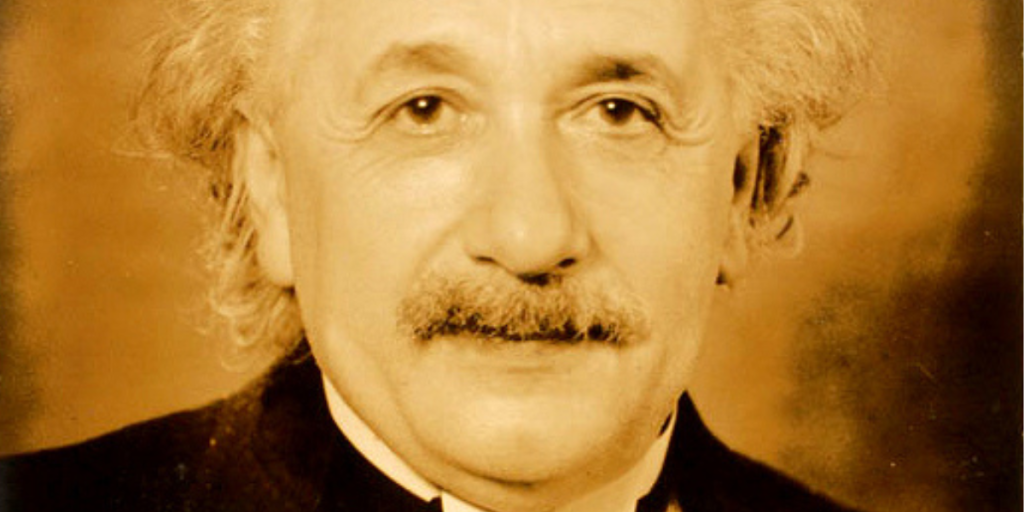For more than a century, Albert Einstein’s theories have defined our understanding of space and time.
Others are reading now
But new studies suggest that one of his most famous ideas, the cosmological constant, may not be fixed after all.
If true, it could mean the universe is destined to collapse rather than expand forever.
Changing cosmic rules
Einstein proposed the cosmological constant as a value that keeps the universe stable.
He imagined it as an unchanging force that balances gravity and prevents everything from falling inward.
Later discoveries showed that the universe is actually expanding.
Also read
To explain this, scientists introduced the concept of dark energy, a mysterious form of energy that pushes galaxies apart.
According to Popular Mechanics, gravity alone should pull matter together, so another force must be driving the expansion.
New data, new doubts
Recent studies from the Dark Energy Survey and the Dark Energy Spectroscopic Instrument have raised new questions about that force.
The findings indicate that the cosmological constant may not stay the same, but could change slowly over time.
If it turns negative, the expansion would stop and eventually reverse.
Also read
The universe could then begin to shrink, challenging the long-held belief that it will expand forever.
Rethinking the end
Researchers from China, Spain, and the United States have created a new model that includes a variable cosmological constant.
Their theory suggests the universe may stop expanding and begin to contract, a scenario known as the Big Crunch.
This idea replaces the older Big Bounce model, which suggested a repeating cycle of collapse and rebirth.
In their paper published by IOP Science, the authors wrote: “Although highly unlikely, it cannot be ruled out that, in the presence of quantum effects, there is a way for the universe to transition to the next cycle.
Also read
However, this reincarnation would lead to a universe completely different from our current one, not a cyclical universe.”
A distant future
The team calculated that the contraction could begin in about 18.9 billion years.
That is far beyond any human timescale, yet still a finite future for a universe once thought eternal.
If these findings are correct, the same laws that shaped creation may also set its end.
Einstein’s constant might not have been constant after all, and that small difference could decide the ultimate fate of everything that exists.
Also read
Sources: IOP Science, Dark Energy Survey, Dark Energy Spectroscopic Instrument, Popular Mechanics


